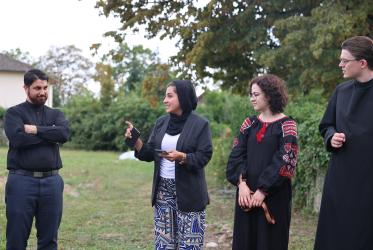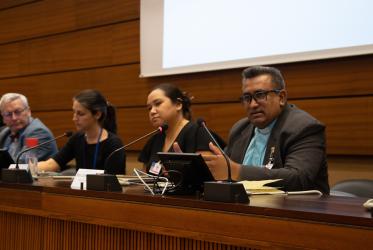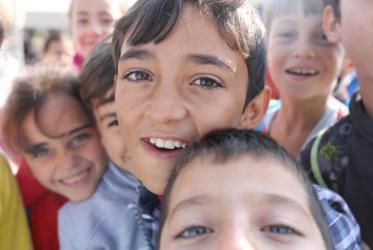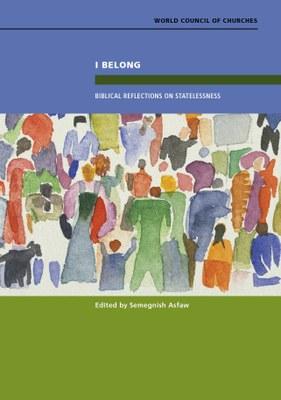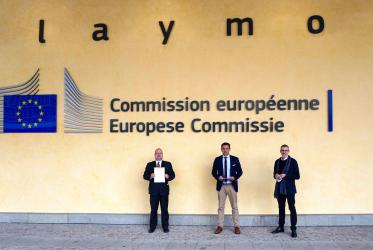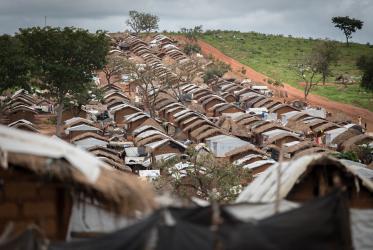Displaying 1 - 20 of 84
11 January 2024
Ukraine: Responding to humanitarian need
08 September 2022
“From faith to action” conference will explore ways to protect children’s rights affected by migration
10 - 11 December 2020
Online
Webinar - “People on the Move: Solidarity and Advocacy”
12 November 2020
https://www.oikoumene.org/live
Webinar will highlight “People on the Move: Solidarity and Advocacy”
05 November 2020
I Belong: Biblical Reflections on Statelessness
Biblical Reflections on Statelessness
12 October 2020
Ecumenical statement on migration received by European Commission
25 September 2020
Webinar on Middle East racism: “Never lose hope”
28 November 2019
